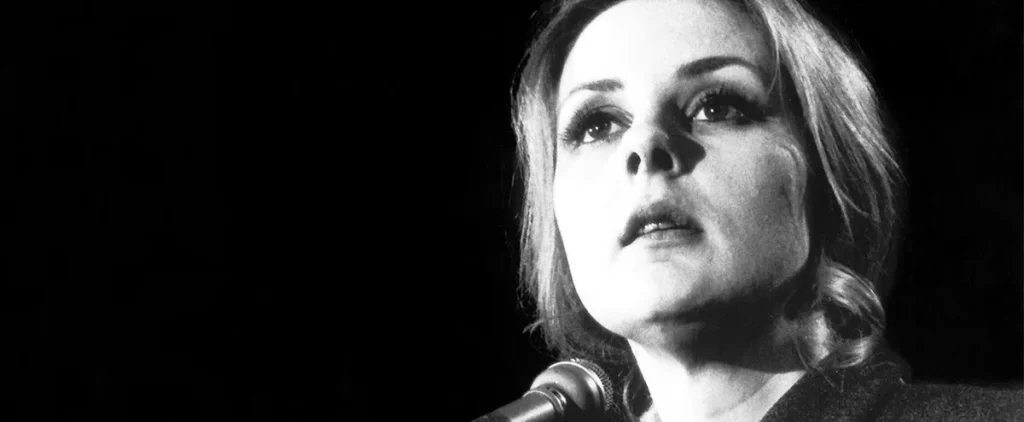
A year ago, the great Montreal-born Michel Lalonde, poet, playwright and essayist left us.
A committed artist, she revealed herself to the general public one evening in March 1970 when she first announced her poem at the Gesù as part of the Night of Poetry. Speak white.
Her political positions on Quebec as well as the question of language made her a patriot in the literal sense of the word. She loved her country and had its interests at heart.
A precious gift
In 1991, I was in my early days of filming a TV series no way When I discovered Michel Lalonde’s famous poem in a booklet given to me by my friend and filming partner Julien Poulin.
At the time I didn’t know who the author was, but the title of the poem intrigued me. Julian assured me with an enigmatic smile that it was a text that had a major impact on his life.
On occasion, he explained the expression to me Speak white It’s a shame. Anglophones used it to qualify and disparage non-English speakers in public.
Julian asked me to read the poem carefully and promised to come back to him to talk about it. what i did
An excellent universal text
Michel Lalonde wrote Recovering Shame Speak white In 1968, Quebec launched its Quiet Revolution. These comments prompted reflection and fueled rebellion against the Anglo-Saxon “colonial” dominant language at the time.
As a descendant of a people once colonized and dominated by “European-civilizers,” this text resonated with me.
The social and historical autopsy of classes, the alteration of memory, as well as the wounded cultures and identities of people dominated by deception and power, made me draw parallels, especially with one of the founding fathers of the literary movement. Négritude, French poet, playwright, essayist and politician, Aimé Césaire of Martinican origin.
Same cause, same fight… in his famous Speech on colonialism Published in 1950, Aimé Césaire went there with a bitter and unflinching indictment of colonial ideology. A pamphlet putting Europe on trial for colonizing, alienating, and domesticating other peoples in the name of “civilization.”
In light of these painful parallels, one cannot underestimate the humiliation and tragedies experienced by Indigenous peoples in Canada and Quebec.
” […] I don’t know you
You call me: Montagnais
You call me: shout
You call me: Bubblehead
You call me: Algonquin
You call me: Naskapi
You call me: Abenaki
You call me: Micmac
You call me: Huron
You call me: Iroquois
You don’t know my legends
You don’t know my story
Don’t expect me to be crazy like a tornado
Don’t wait till you free me from my bonds”
– Josephine Bacon






More Stories
How List Acquisition Helps Your Political Campaign Become Successful
Four escaped cows were caught
A simple administrative decision? | Press